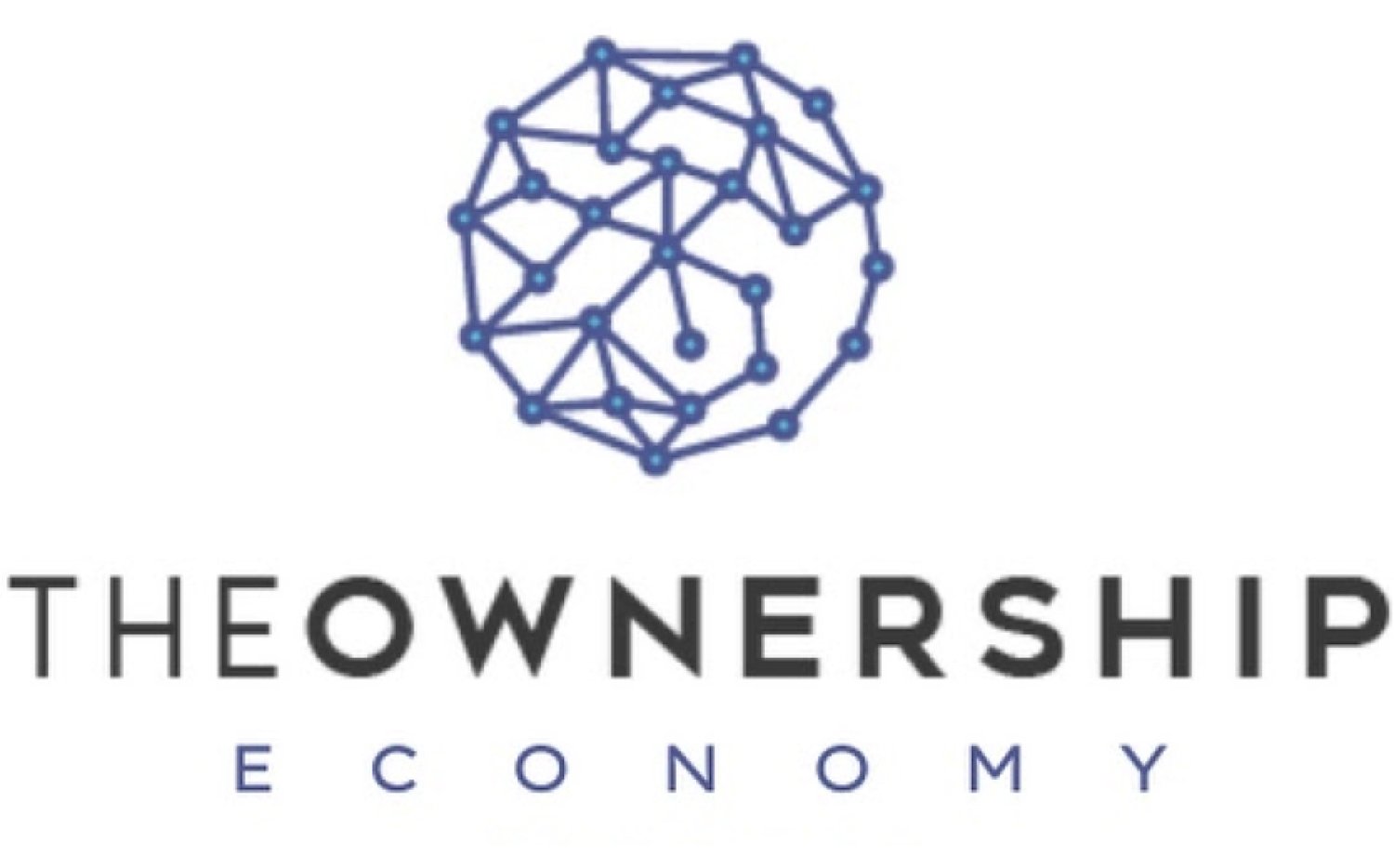AI's Advance Raises Stakes for Economic Equity Beyond Basic Income, Says Anthropic CEO
In the face of rapid AI progress, concerns mount over the potential concentration of wealth and influence among a privileged few, prompting calls for a reevaluation of conventional economic safeguards. Dario Amodei, CEO of Anthropic, argues that while Universal Basic Income (UBI) has been touted as a remedy, it may fall short in addressing the profound societal shifts wrought by artificial intelligence.
Amodei, a prominent figure in AI ethics and former OpenAI leader, co-founded Anthropic in 2021 to ensure AI's alignment with human values. His vision extends beyond UBI, advocating for a more comprehensive economic overhaul. "It's not just about mitigating job losses," Amodei asserts, "but fundamentally rethinking how economic opportunities are distributed in an AI-driven world."
The prospect of AI consolidating wealth and power among a select group has spurred debate within the tech industry, traditionally supportive of UBI as a safety net for displaced workers. However, Amodei contends that the transformative impact of AI demands a broader societal response. "We face a pivotal moment where the very structure of our economy needs careful reconsideration," he emphasizes, highlighting the need for inclusive frameworks that empower all individuals to contribute meaningfully.
Amodei's perspective underscores a growing sentiment among AI leaders who believe that traditional economic models are ill-equipped to address the scale and pace of technological change. He advocates for a dialogue encompassing diverse voices to shape policies that promote economic agency and equitable access to emerging opportunities.
Beyond Amodei's stance, other industry leaders, including OpenAI's CEO Sam Altman, have floated alternative concepts such as "universal basic compute," positing ownership of AI technologies as a new form of economic capital. These ideas reflect a broader discourse on reshaping economic paradigms amidst technological evolution.
As AI continues to redefine industries and labor markets worldwide, Amodei's call for a holistic approach resonates with stakeholders navigating the complexities of an increasingly digital economy. His advocacy underscores the urgency for forward-thinking policies that balance innovation with social equity, setting a precedent for sustainable economic development in the AI era.

